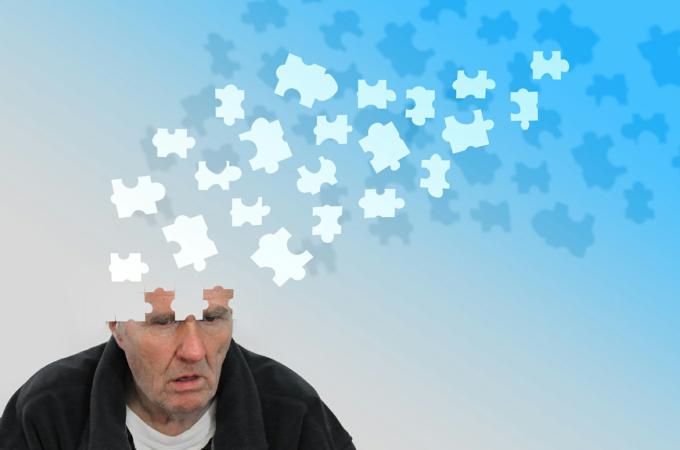Aging well may start in the mind
How old do you feel? The answer likely varies depending on your level of energy, optimism and engagement at a given moment. In the midst of a strenuous uphill hike in the sun, you might "feel your age" more so than when spending an enjoyable afternoon with family or lounging by the pool.
The fluidity of age can be a source of empowerment, but it can also work against you. It's not just how old you feel, but also how you feel about old age. A leading public health expert named Becca R. Levy, of Yale University, studies the effects of ageism and age-related stereotypes on the mental and cognitive health of older adults. Her most recent findings were published earlier this year, and demonstrated a link between the internalization of ageism and one's likelihood of getting dementia.
If you are unfamiliar with the term "ageism," it refers to any number of unfounded stereotypes or discrimination on the basis of a person's age. The term was coined by Robert Neil Butler, the first director of the National Institute of Aging, in 1969. Like other forms of prejudice, ageism can be systemic, resulting in job discrimination, wage inequality and widespread cultural bias.
According to Dr. Levy -- and perhaps anyone who has been exposed to popular media or mass marketing -- ageism is a real societal force, and a harmful one at that. From a young age, many of us can only deduce from various social queues that being young is enviable, while being old is a source of embarrassment. (Case in point -- how many times have you lied, or thought of lying, about your age?)
"Children as young as three or four have already taken in the age stereotypes of their culture," Dr. Levy told The Boston Globe. "These age stereotypes are communicated to children through many sources, ranging from stories to social media. Individuals of all ages can benefit from bolstering their positive images of aging."
Cultural ageism influences some of us into believing the negative stereotypes about aging. Dr. Levy wondered whether people who had internalized ageism were at greater risk for developing dementia than those who were more positive about aging. Her study examined 4,765 older adults (averaging 72 years old) over a four-year period. At the beginning of the study, none of the adults had signs of dementia, and roughly a quarter of the participants possessed a gene associated with an increased risk for developing dementia, the APOE E4 gene. At the beginning of the trial, the participants answered questions that determined whether they had positive or negative attitudes about aging.
Four years later, the results confirmed that those with positive attitudes toward aging were less likely to have dementia. Of particular interest was that this held true even for people who carried the dreaded APOE E4 gene.
"We found that positive age beliefs can reduce the risk of one of the most established genetic risk factors of dementia," Levy told the Yale News. "This makes a case for implementing a public health campaign against ageism, which is a source of negative age beliefs."
In an earlier study, Dr. Levy found dramatic reductions in mental illnesses reported by veterans who had positive attitudes about age. In a Sept. 11, 2014 Yale News article titled "Veterans Who Embrace Old Age Found to Have Better Mental Health," Michael Greenwood reported on the results as follows:
Researchers surveyed 2,031 American veterans aged 55 and older and found that among older veterans with more positive attitudes toward aging, two percent had posttraumatic stress disorder (compared to 19 percent of those with more negative attitudes toward aging); five percent had suicidal thoughts (compared to 30 percent of those with more negative attitudes toward aging); and four percent had anxiety (compared with 35 percent of those with more negative attitudes toward aging).
Studies like these show that our attitudes about aging have an impact on our well-being. If you can manage to view the prospect of old age with acceptance and optimism, you will likely be doing yourself a big favor in the long run. A public campaign would sweeten the deal for everyone. Younger generations would be more inclined to empathize, respect and admire older adults; negative stereotypes would be minimized; and hopefully a legacy of positive age-related attitudes would take root in our culture.
- Adam Johnson writes for Youville Assisted Living Residences, member of Covenant Health Systems, a Catholic, multi-institutional health and elder care organization serving New England.



















